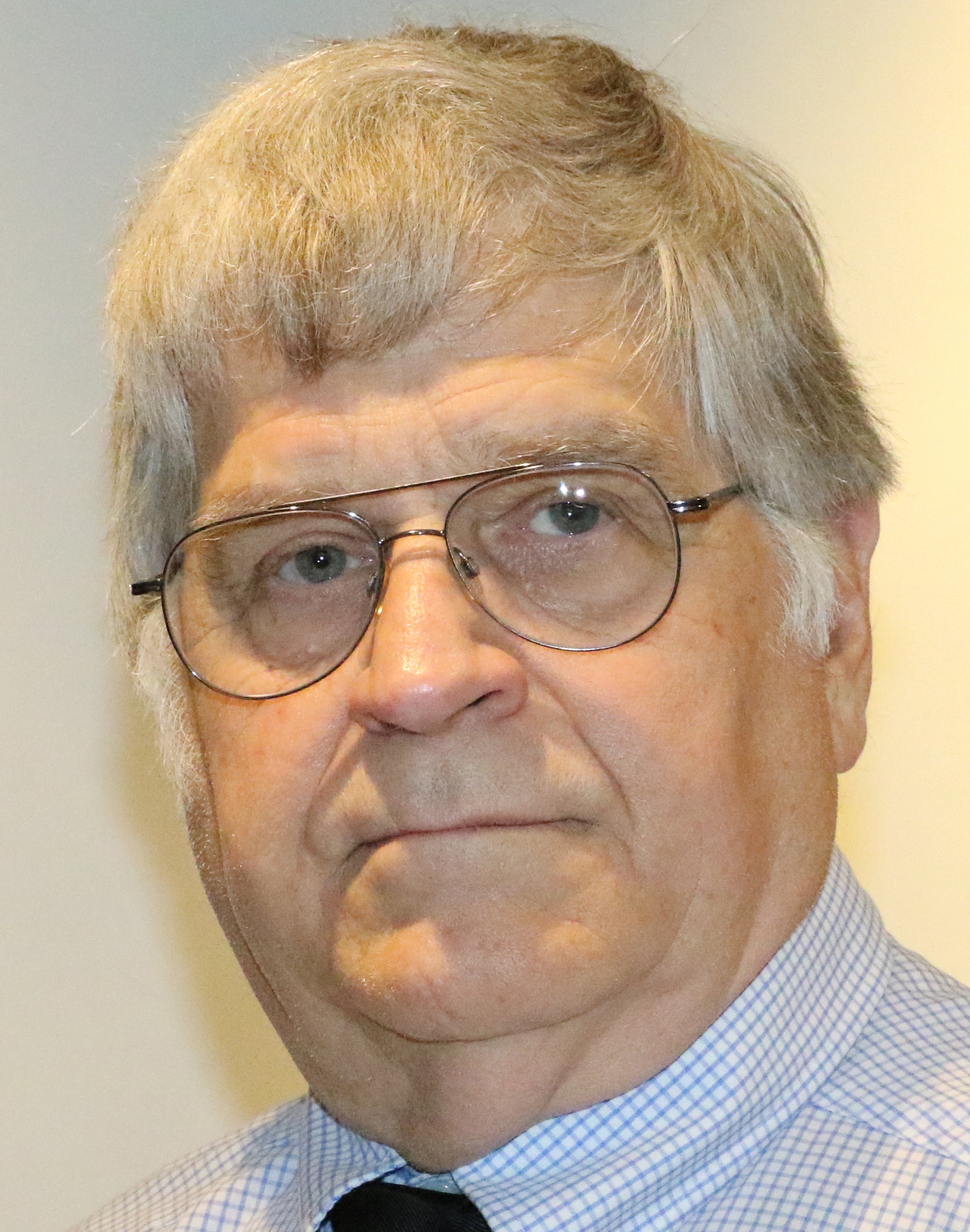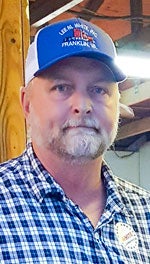Southampton County board establishes solar moratorium
Published 4:28 pm Friday, September 10, 2021
|
Getting your Trinity Audio player ready...
|
The Southampton County Board of Supervisors voted 4-3 on Sept. 9 to establish a 12-month moratorium on consideration of utility-scale solar energy projects. The moratorium went into effect Sept. 10.
The vote came after a public hearing on the matter in which two people spoke in opposition to a moratorium; one spoke in favor of a five-year moratorium; and another seemed to favor a moratorium, though no such specific statement was made.
The public hearing was part of a joint meeting between the Southampton County Planning Commission and the Board of Supervisors at the Southampton County Office Center.
The first speaker during the public hearing was D. Scott Foster Jr., an associate with Gentry Locke Attorneys, which is a firm out of Richmond.
“We provided (Southampton County Attorney Richard) Railey with a letter regarding the opinion and the status of legal moratoria in Virginia as it relates to filing zoning applications,” Foster said at the beginning of his comments. “That consensus is that sort of moratorium is generally disfavored, and in the local government attorney practice group, we feel that they’re generally invalid.”
Later in the meeting, Jack T. Randall, Jerusalem District representative and vice chair of the Planning Commission, said to Foster, “Your belief is that the moratorium should be disfavored. Is it your view that it’s unconstitutional?”
“It is,” Foster replied.
In an exchange with Phil Bain, of Ivor, during the hearing, Dr. Alan W. Edwards, who is chairman of the Board of Supervisors and represents the board on the Planning Commission, shared his view that a moratorium is a temporary measure that will give the county time to decide how it wants to handle solar projects, including whether that be through an ordinance or a conditional use permit.
Bain indicated he was under the impression the county had been looking at a conditional use permit for three years.
“I would think the county could hammer out a good conditional use permit in three years,” he said.
Edwards said his own point is that a moratorium is not going to affect any of the positive or negative things that solar projects can bring to the county.
“It’s going to delay them maybe a year, OK?” Edwards said. “So what is wrong with trying to find out what’s the best way to go about this? That’s what we’re here for tonight.
“We’re not here to discuss ordinance versus conditional use permit — that’s something that we plan on doing if we got a moratorium,” Edwards continued. “We’d have time to sit and look at it, see what problems (other people have) had and make a very good, scientific, moral decision on which way we want to go.
“So in essence, it might delay your gratification (for) whatever you want to do, but that would be, in my opinion, to the benefit of the county and the people that live here,” Edwards concluded.
Following the public hearing, the Planning Commission and Board of Supervisors went into closed session to discuss the issue. They returned to open session more than 30 minutes later.
The Planning Commission then voted 6-2 to recommend that the board establish a six-month moratorium. The two dissenting votes were from Edwards and J. Michael Mann, the latter of whom represents the Boykins-Branchville District.
Edwards, who is also the Jerusalem District supervisor, explained why he, like Mann, favored a 12-month moratorium.
“I think six months is too short,” he said. “I think we’re going to get cut short on that, not be able to complete it, and I think if we’re going to do this right, I don’t see any harm in 12 months.”
After the Planning Commission’s 6-2 recommendation, Edwards opened the floor for discussion among Board of Supervisors members as they neared their decisions.
Franklin District Supervisor Robert White said, “I, myself, think we can get it done in six months. I’d like to make a motion that we move forward with the six-month moratorium.”
Edwards said, “I’d like to make a motion not for six months but for 12 months.”
The motion for the six-month moratorium failed 4-3. Voting against it were Berlin/Ivor District Supervisor Christopher D. Cornwell Sr., Capron District Supervisor and Board Vice Chair William Hart Gillette, Edwards and Newsoms District Supervisor Lynda T. Updike. Voting in favor of it were Drewryville District Supervisor Dallas O. Jones, Boykins District Supervisor Carl J. Faison and White.
On the 12-month moratorium motion, Cornwell, Gillette, Edwards and Updike were the “yes” votes, and Jones, Faison and White were the “no” votes.
Following all the voting, Edwards said, “Thank you for everything tonight. I know it’s a controversial situation, and maybe there are no right or wrong answers, but we’ll find out.”
The ordinance establishing the one-year moratorium reads as follows:
“Beginning Sept. 10, 2021, and terminating on Sept. 10, 2022, conditional use permit applications for utility scale solar energy projects shall not be filed with the zoning administrator or considered by the Planning Commission.
“However, the foregoing shall not apply to any conditional use permit application received and accepted as technically complete by the zoning administrator prior to Sept. 10, 2021, including receipt of all supplementary requirements set forth in Sec. 18-628, et seq.
“This ordinance shall become effective at 12:01 a.m., Sept. 10, 2021.”







